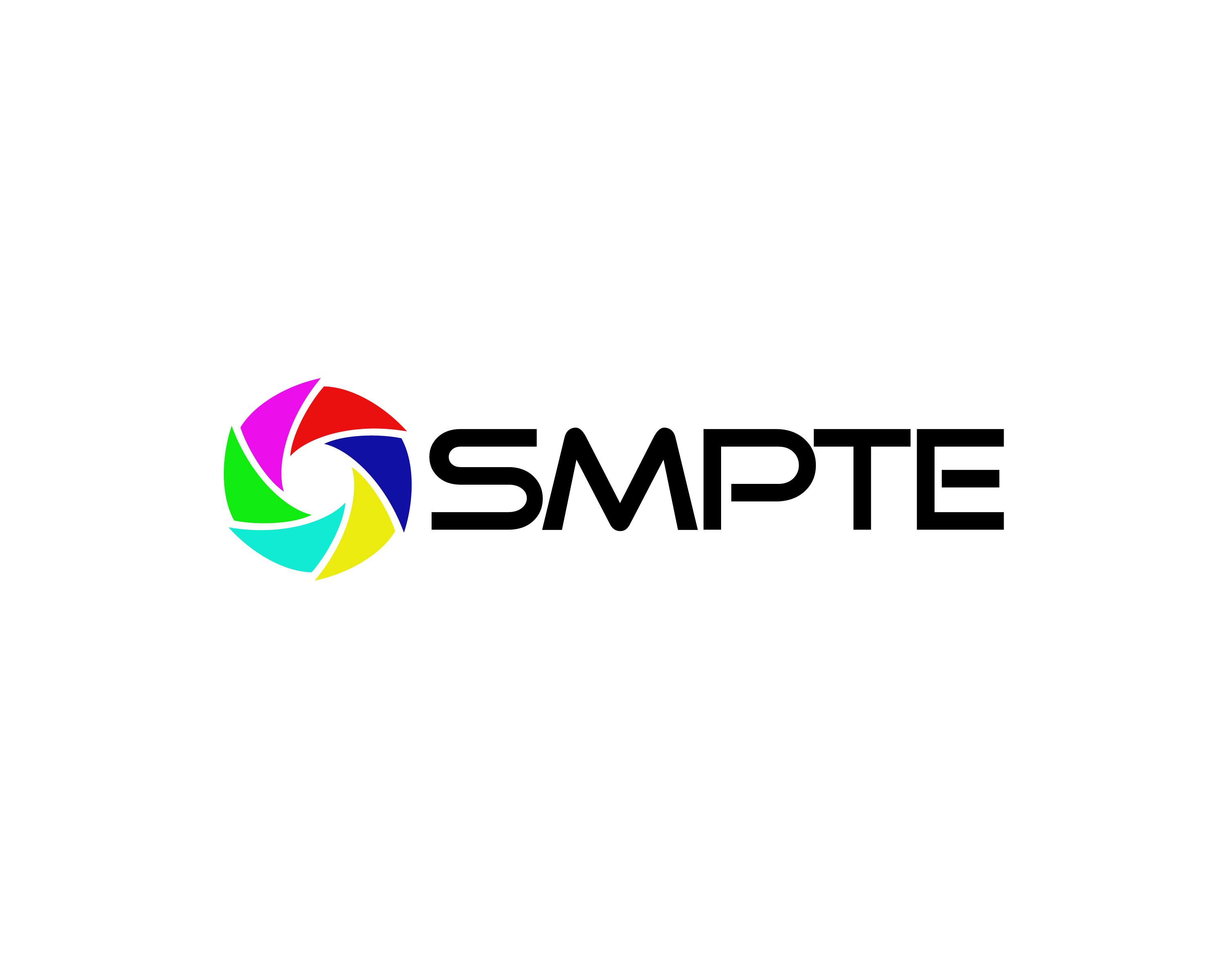Industry’s First Microservices Standards Are Available for Free
Try them out and tell SMPTE what you think!

The professional video industry's #1 source for news, trends and product and tech information. Sign up below.
You are now subscribed
Your newsletter sign-up was successful
WHITE PLAINS, N.Y.—Microservices is a rapidly evolving area of the media industry, and SMPTE is using its new Public Committee Draft (Public CD) documents to make the first two candidate standards available to implementers now, for free.
(The documents can be accessed here.)
Public CDs give media technology suppliers an early look at near-complete standards, as well as an opportunity to provide feedback, which is vital to the quality and utility of the final, approved standard. In addition to accelerating the standards review process, Public CDs enable implementation right now based on the future standard.
Now available for evaluation, the two Public CDs focused on microservices are SMPTE ST 2125 IMF Registration Service API and SMPTE ST 2126 Microservice Status Reporting and Logging.
ST 2125 provides a standardized way to interact with Interoperable Master Format (IMF) packages, which have revolutionized media versioning and repurposing by enabling far more efficient management of multiple files via metadata. Using ST 2125 offers a mechanism for registering media files you’ve made, finding the media files you need, deleting registration entries that are stable, and updating those that need updating.
In practical terms, this means a media processing device could say to a MAM, “Hey, I've just made this IMF package, and it has these five assets. These five assets have these IDs. And these assets are stored over here.” Or a client might say, “Hey, I need to process some assets. Here are the IDs of the assets I need to process. Where can I go find them?” The possibilities are many, and ST 2125 provides you with a simple and standardized way to do all of this.
The other new microservices standard, ST 2126, specifies a standardized framework for status reporting and logging for media microservices. Reporting and logging are fundamental to enabling multivendor and multiplatform deployments of microservices, and ST 2126 ensures that all of your microservices utilize a common approach to reporting on what worked (and didn’t) when they were asked to perform a task.
The professional video industry's #1 source for news, trends and product and tech information. Sign up below.
SMPTE moved forward with these two Public CDs because they meet two key criteria: they stand to make a significant impact for the industry, and they can become complete standards in a reasonable amount of time. In the case of ST 2125, the focus on IMF makes the standard interesting to pretty much any company involved in file-based workflows. SMPTE also happens to have a great deal of resident expertise on IMF, as it’s a favorite format of SMPTE Standards Vice President Bruce Devlin.
ST 2126 ticks these two boxes as well, but in a totally different way. Just as they did with ST 2125, members of the Open Services Alliance (OSA did the bulk of early work on ST 2126 before formally bringing it to SMPTE). The OSA identified status reporting and logging as a top issue when trying to stitch together microservices from different vendors. Allowing users to bypass challenges associated with managing multiple proprietary reporting methodologies, the ST 2126 standard helps to simplify dramatically the orchestration of the many microservices found within complex media workflows. In short, it ensures all microservices are reporting in a common language.
Like any SMPTE standard, Public CDs incorporate everything needed to implement the standard. They also are held to the same high expectations as other SMPTE standards. What’s different — and so important to their speedy and successful ratification as standards — is that SMPTE takes a relatively brief pause during this process to gather any input that external reviewers and implementers are willing to offer.
Although ST 2125 and ST 2126 already have undergone close scrutiny by both the OSA and SMPTE’s TC-34CS Media Microservices Drafting Group, the goal with the Public CD comment period is to get these standards right prior to publication. From initial contribution by OSA to SMPTE to Public CD publication took only a few months, demonstrating that this model of moving candidate standards along on a shorter timeline can work well. Given the increasing importance of microservices to the industry, SMPTE is working to keep up this brisk pace.
That’s why SMPTE is seeking feedback from the user community right now. Anyone is welcome to download the standards documents — again, they are free — to try them out. This is the best time to comment on any aspect, large or small, of ST 2125 or ST 2126 that should be modified. If changes suggested by implementers help to clarify the documents, correct errors, or otherwise benefit the industry as a whole, they likely will be included in the final draft and incorporated in the published standard.
ST 2125 and ST 2126 stand to play a vital role in enabling effective use of microservices, and OSA is currently working on further standards to address the most pressing challenges in building and orchestrating media workflows built on microservices. Exciting advances are in the works!
If you have questions about downloading, evaluating, or submitting feedback on ST 2125 or ST 2126, contact SMPTE for more information.
Chris Lennon is SMPTE's Standards Director.
Chris is Director, Standards Strategy for the Office of CTO for Ross Video

